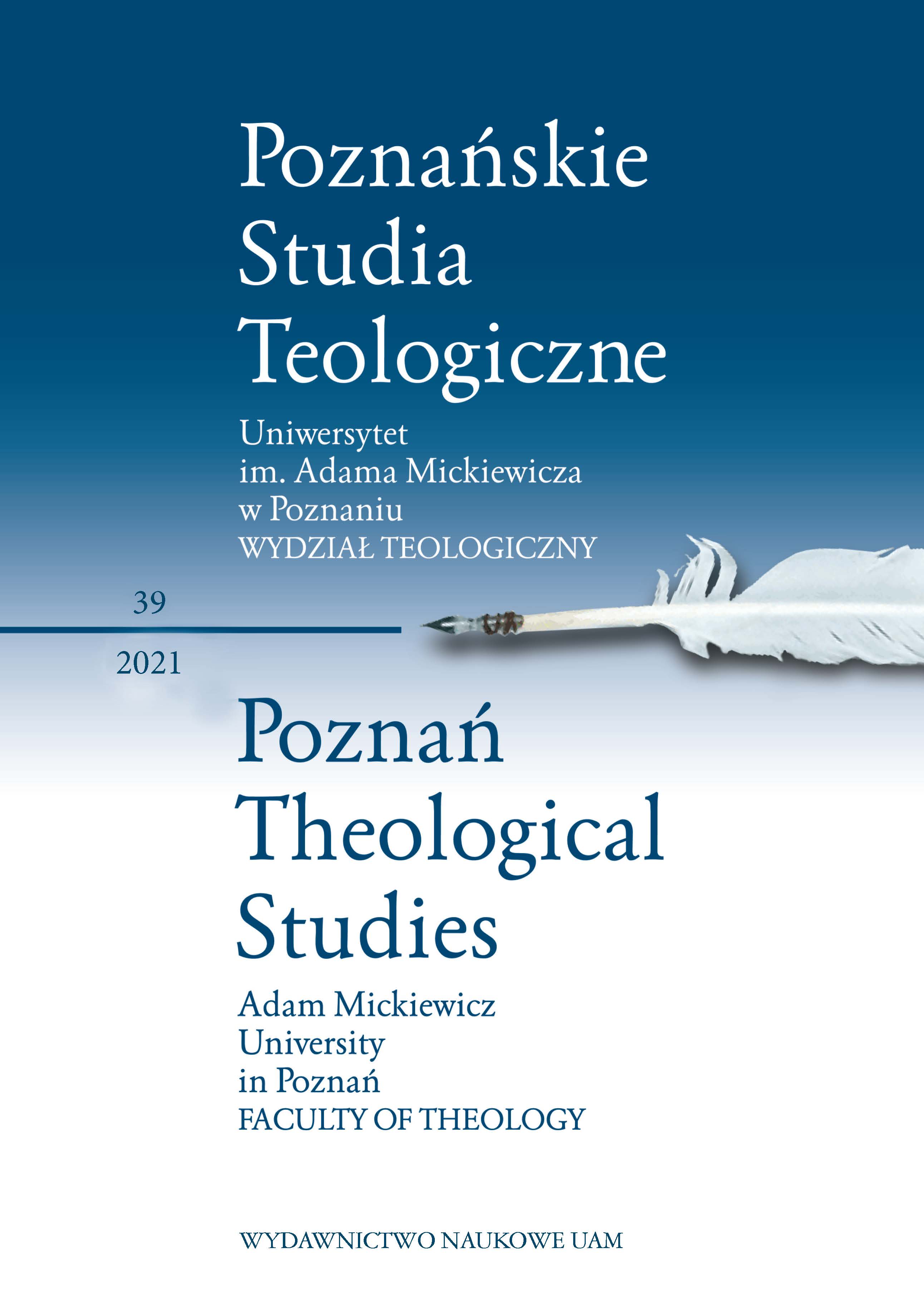On the Notion of Person in Confucianism
On the Notion of Person in Confucianism
Author(s): Bogumił GackaSubject(s): Comparative Studies of Religion, East Asian Philosophy, Systematic Theology
Published by: Uniwersytet Adama Mickiewicza
Keywords: person; Confucius; Confucianism; social relations; humanism;
Summary/Abstract: The article presents the notion of person in Confucianism in the context of biographical back- ground of Confucius (551-479 B.C.). As an itinerant sage Confucius taught the practical signifi- cance of moral values in the social and political life. His disciples collected his teachings in Ana- lects, in which Confucius noticed that at his age of 50 he knew the will of Heaven (A 11:4). He began to teach Humanism with respect to Transcendence (T’ien).According to the great specialists, Prof. Tu Wei-Ming (Harvard University) and Prof. John Berthrong (Boston University), “the social dimension” of the human person in Confucianism is important and the person is conceived as “a center of relationships” and as a self of personal devel- opment (selfhood as creative transformation). There are five universal ways in human relations which are governed by five moral principles. The five ways are those governing the relationships between ruler and minister, between father and son, between husband and wife, between elder and younger brothers, and those in the intercourse between friends. The core of the human person is humanity (jen or ren).Just as “compassion” is the greatest Buddhist virtue, and “love” the Christian, jen is the ulti- mate goal of conduct and self-transformation for the Confucian. According to Confucius, educa- tion reforms a personal life as well as a social and political life in order to realize a universal love and a personal development of man (juncy).
Journal: Poznańskie Studia Teologiczne
- Issue Year: 39/2021
- Issue No: 1
- Page Range: 127-141
- Page Count: 15
- Language: English

